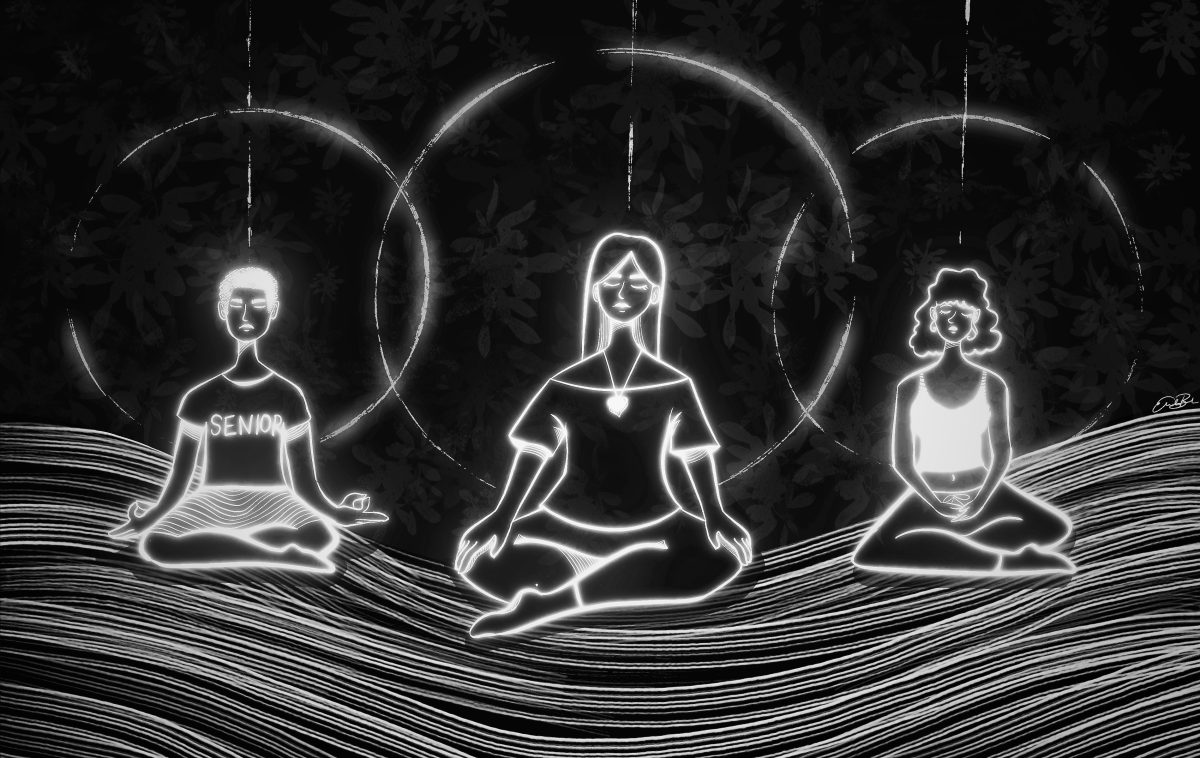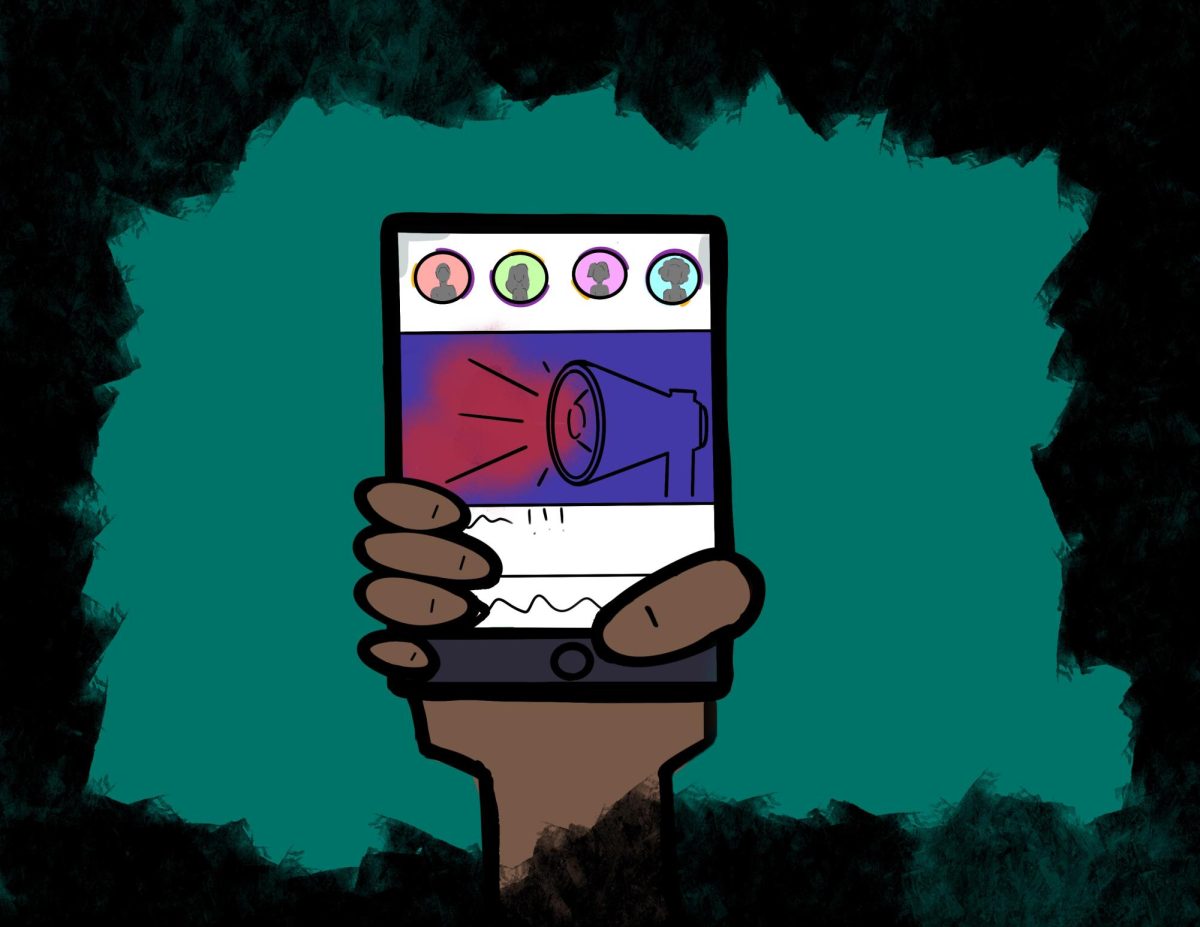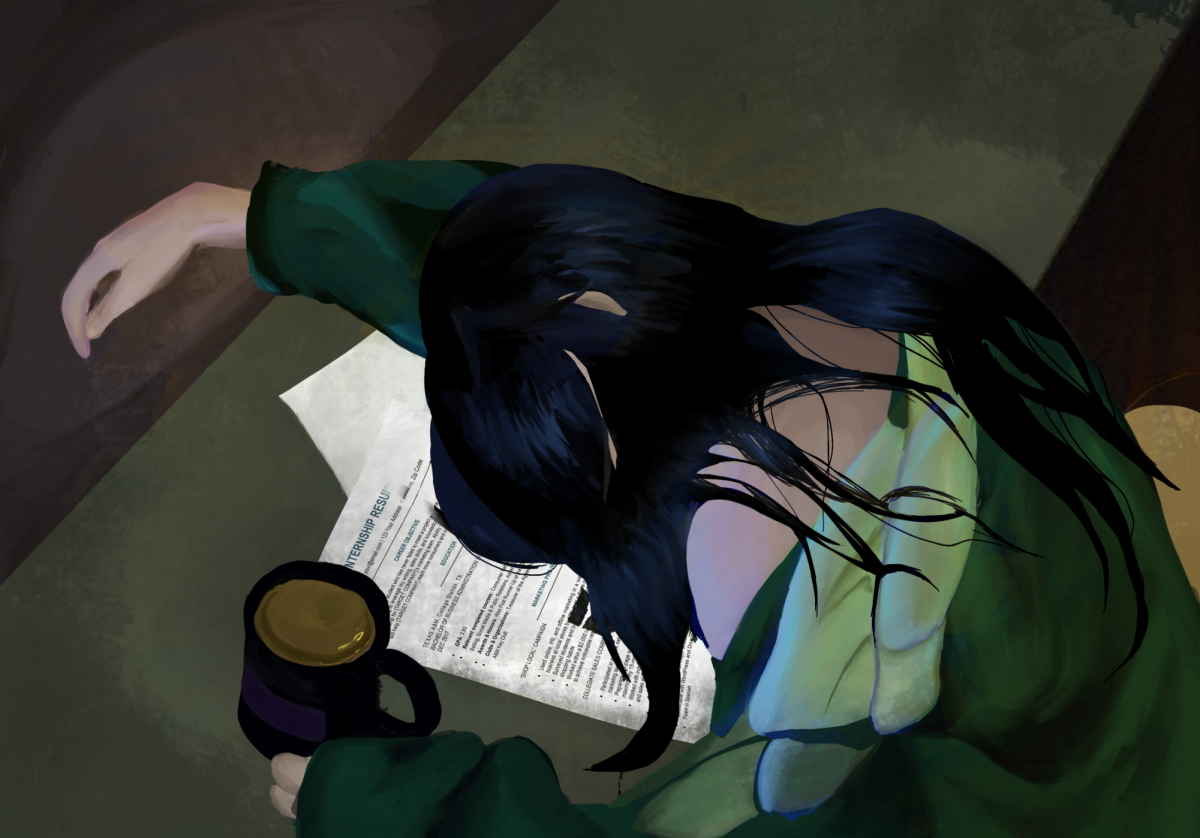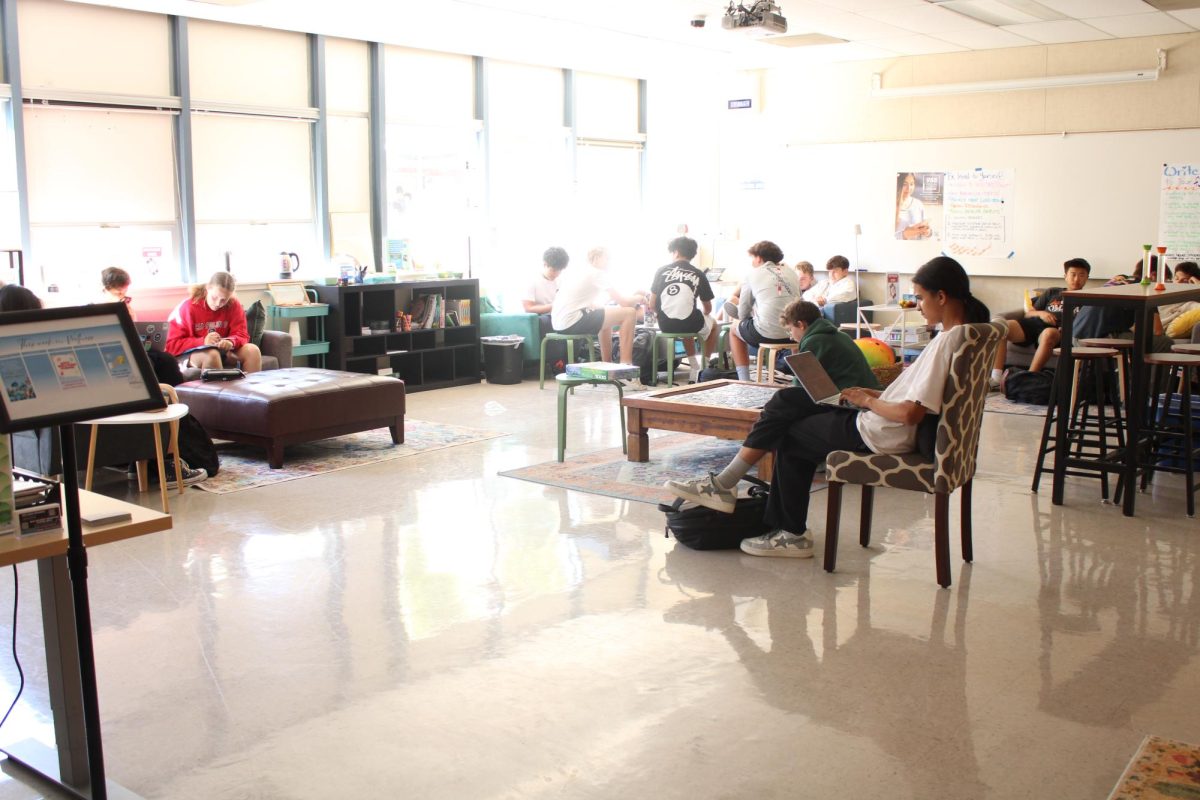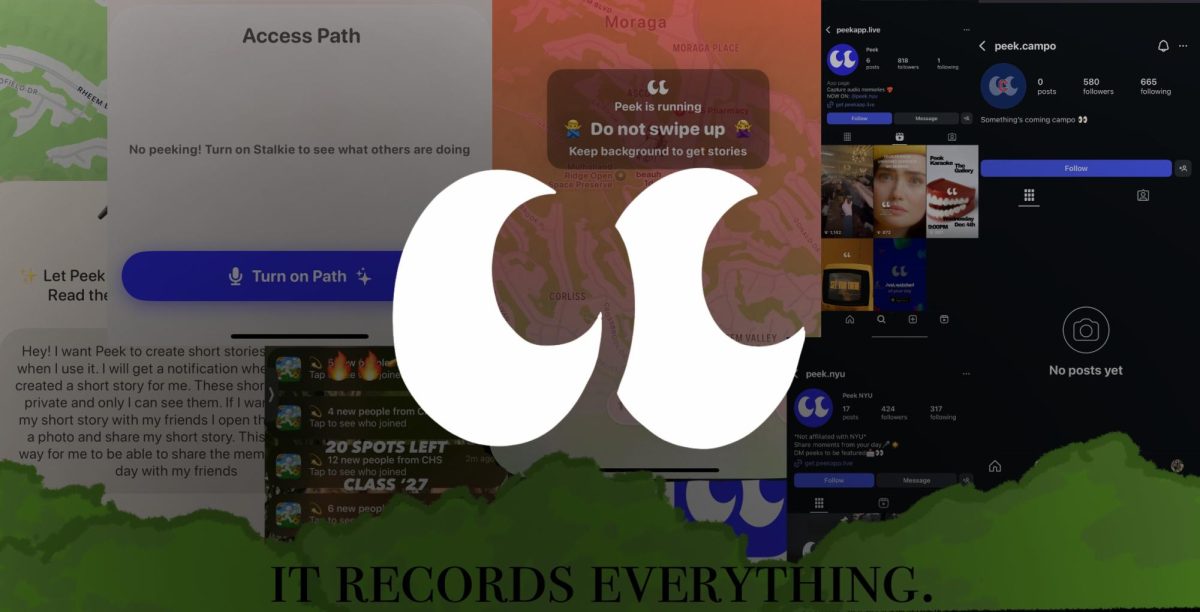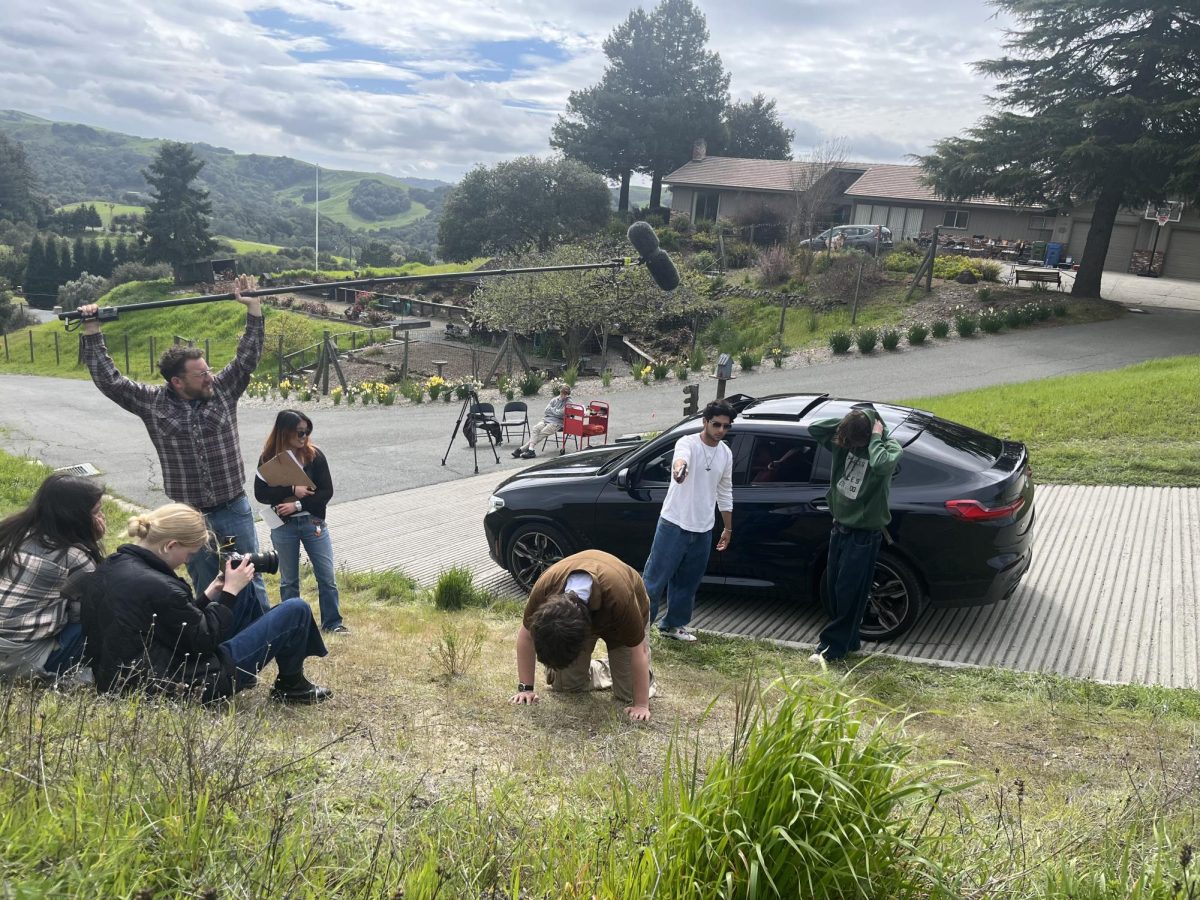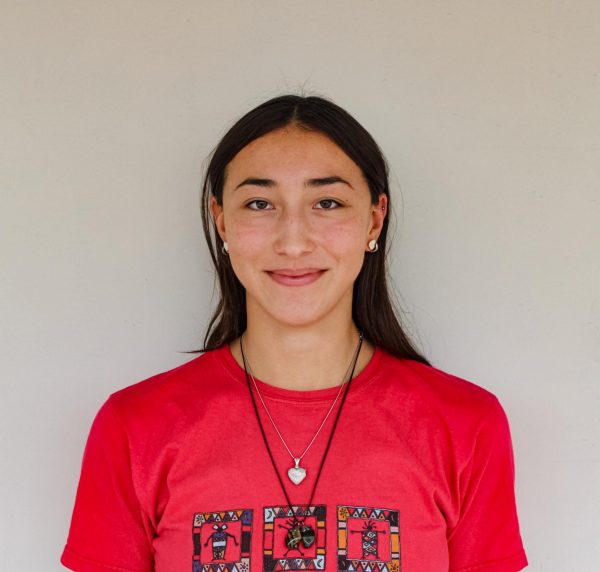We are all part of the human experience. This means we are forever trying to cope with suffering, either by exploring or ignoring it. We need practices to navigate this –practices to survive in this world of randomness, deliberation, beauty and ugly– in order to thrive. These practices don’t exist in isolation but rather in working with others. Meditation is one of them. It’s something accessible to all because it needs no funding or requirement of space or situation. Meditation can be done anywhere at any time as long as one has a conscious mind.
Providing opportunities for mediation in a safe, encouraging environment like school is essential. We exist in an unnaturally fast paced world of constant stimuli, reflex, and impulse which can increase anxiety. This pace is especially prevalent at Campolindo where students juggle numerous extracurriculars with school work, applying to college, and planning career futures.
“I’ve had pretty high stress…There are very high expectations in this community…it’s very competitive and that can be excessive…I feel like I’m always moving fast and doing something,” said senior Michael Tague.
Meditation is a way to teach oneself the skill of slowing down, patience, reaching a place of calm and inner rationality. “It’s the idea of being aware of our mind and trying to focus on the present,” said Psychology teacher Dianne Bessette. It provides a template for critical thinking which is so vital for us learning how to cope with the human experience.
It is a way to cope with the idea that we are all influenced, there is no true originality or individual purpose but instead a continuous joint time. It is a way to accept the juxtaposition in our lives of psychological freedom and instinct, the controllables and uncontrollables. These two can’t be merged to create a perfect lifestyle despite efforts to achieve it. This can’t happen because, as obvious as it may sound, there is no way to control an uncontrollable like instinct, meaning we can’t force it to conform with our autonomy. Instead the fact that instincts and autonomy oppose must be accepted. Learning to accept the suffering that is associated with the human experience is difficult. This is because humans have the understanding and psychological consciousness that other living things on our earth don’t possess in the same way.
The surrounding anxiety and depression is caused by lack of rationality, by a feeling one can’t articulate, explore or analyze. Being able to critically think, to explore these feelings calms us down. It allows perspective to be developed.
This isn’t a cure all. It doesn’t solve anxiety or depression. It isn’t a replacement for something like therapy one might require, but it is still a way to help. “Meditation…can reduce the areas of anxiety, chronic pain, [and] depression,” according to Mayo Clinic.
Meditation becomes increasingly relevant during the time of adolescence, a time of awakening. Teenagers are realizing their identity is like a bird exiting the nest for the first time. One thing that makes the human process of growing up much different from a bird’s is the variety of the future. As humans in our society we can have a job or not, have a family or not, participate in certain activities or not. A bird goes out and does the same as any other bird, it eats, fuels itself, reproduces and dies.
Teens are realizing autonomy in our specific culture. It can cause us to feel the need for individual purpose instead of understanding there is no such thing because there is no pure originality, creation, or individualism. We are all influenced by everything: by each other, consciously and subconsciously. This can make some feel lost, depressed, anxious because if there is no individual purpose then one may not see a point to living as an individual. Some may think that if they aren’t unique and just another body on the earth then there is “no point” because bodies are changed, they leave and are created all the time.
However, this can also be viewed as a comfort. One is never truly isolated because everyone is wired with the same instincts and therefore the same influences, everyone feels some version of suffering and therefore goes through the process of coping, trying to cope, or not coping with it. Being influenced by each other through literature and stories we are all, always interconnected to numerous parts of the world including each other’s ancestors and our own.
In Lamorinda, instinctual behavior can translate to following trends and be greatly susceptible to peer influence. This is because our brains are wired to be social, to find belonging, to find a tribe because biologically that tribe used to mean safety. Our biological makeup hasn’t changed since those times despite how rapidly our society has.
Classes and teachers could be assigned a day during the week for meditation where students can meditate for 5 minutes once a day. This can help them navigate stresses they might be having. Rotating between teachers and classes would ensure that 5 minutes spent not on school work wouldn’t be happening in just one class.
Tague said “it’s a really good practice, it’s really relaxing and very grounding and is a way to connect your body with the overall environment. I would like to learn more about it for sure.”
Tague feels that “five minutes is super manageable and everybody would benefit from it…and I would and my friends would use it outside school…It’s an important concept and if we teach it in a way that’s not saying it’s a waste of time, it we really talk about the benefits of it I think people are going to start to apply it to their lives.”
Bessette believes “metacognition and stress reduction are certainly things…students would be interested in.”
This ancient practice used for centuries, now existing in many different forms and situations, could transform the modern day human experience.
